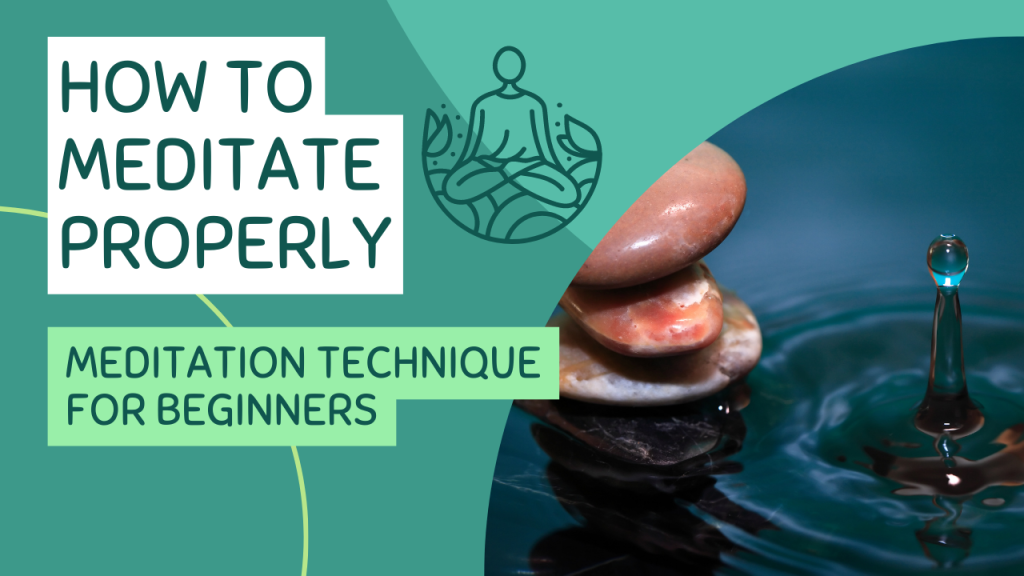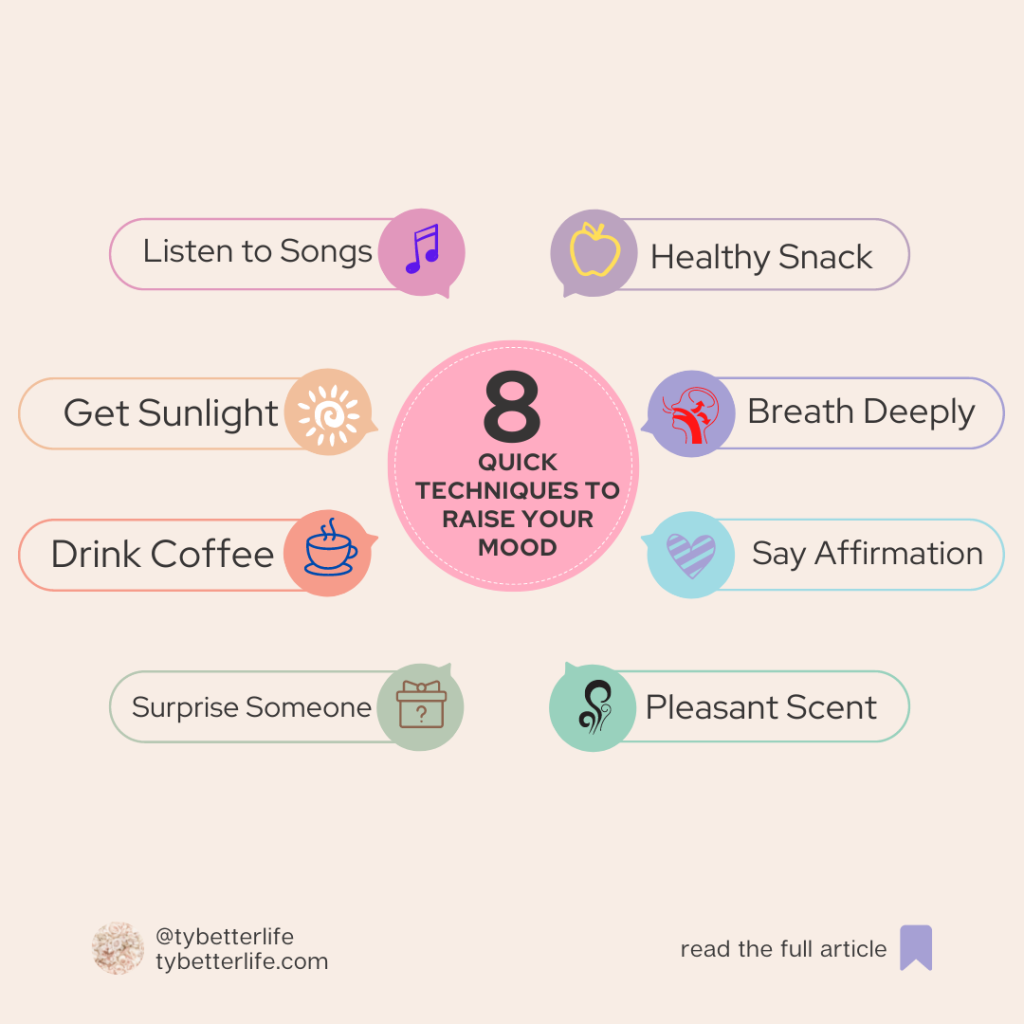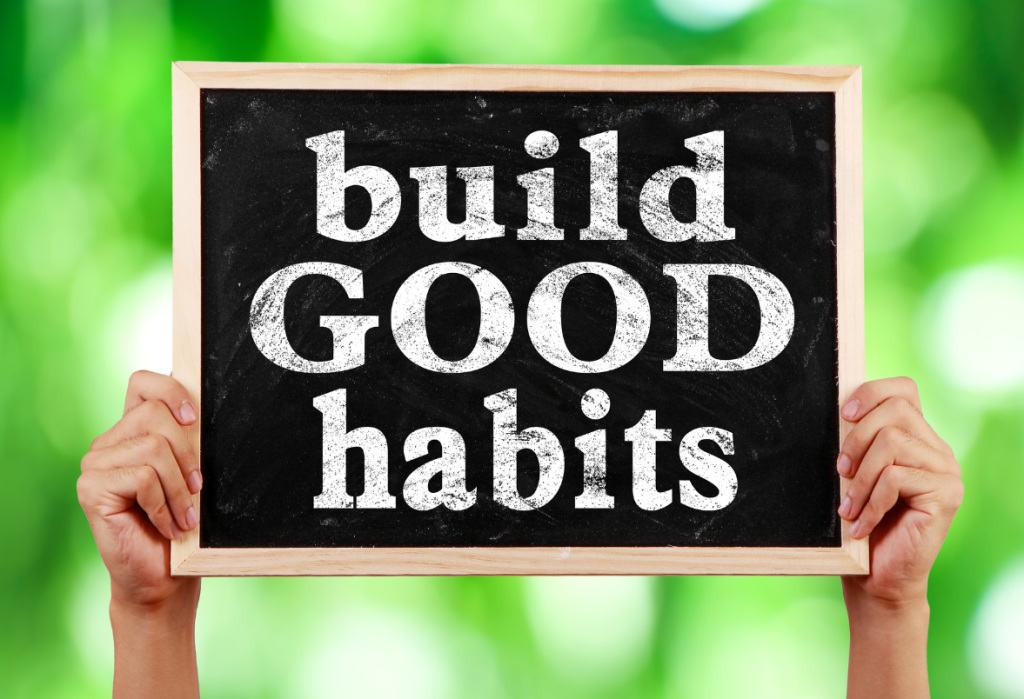
Visits: 87
Do you want to know more about the notion of gratitude? This article will provide the meaning of gratitude, the reasons it’s important, and provide an array of methods to be grateful every day.
Have you ever had a moment when you were grateful for something? Which one was that? What made you feel thankful? What did you do to show your gratitude?
What’s more important is how your gratitude impact other aspects that you live in? Did you experience a little more energy into your steps? Were you happier? Do you have an positive outlook on the future?
It is a basic instrument we can all use to enhance our personal wellbeing as well as that of those around us.
The power of gratitude transforms what we have into plenty and even more. It transforms denial into acceptance chaos into order, uncertainty into clarity … the process helps make sense of our past, creates peace for the present and provides a new vision of the future.
Melody Beattie
What is the definition of gratitude?
Since we were small, we are required to show appreciation to others whenever they present us with a gift or make a nice gesture. We are taught to automatically thank and in the context of a social norm. But, how often do we give thanks to the little things that happen every day? Do we actually understand how to feel thankful?
We’ve all seen many definitions of gratitude. However, realizing gratitude in its essence requires the conscious effort. How often do we say “thank you but never take the time to truly be grateful?
It is a conscious positive emotion that can be expressed by feeling thankful for something, regardless of whether it is physical or not.
The word “gratitude” is more than being a good person. It’s a way of acknowledging another’s gesture to us, or positive things happening within our own lives. It’s a way of acknowledging the positive as well as its results.
What is the importance of gratitude?
Being consistent in your practice and showing gratitude is beneficial in many ways both in the short as well as long-term.
Psychologists have conducted extensive research on gratitude and have found it to be one of the most important aspects of positive psychology. Research indicates that people who are conscious of their blessings are more content as well as less stressed. How do you know?
Gratitude alters our brains
Studies have shown that people who are more thankful have higher cognitive activity, particularly in the medial frontal cortex. This is the brain region that is which is associated with learning and decision-making. The brain activity continued for after a month, suggesting that gratitude has lasting impact.
The power of gratitude can overcome negative emotions
Being grateful can boost positive emotions such as compassion and joy, and encourages us to look at and appreciate the good things in our lives. This can help us shift our attention away from negative emotions, like anger and jealousy.
Gratitude builds over time
An ongoing practice of gratitude begins to have lasting impacts on your mood and behavior that can build up over time.
Gratitude can help combat depression
A study has shown that a single , thoughtful appreciation can result in a 10 percent improvement of happiness and the reduction of 35 percent of depression symptoms. Once it is a habit it may help reduce depression and anxiety.
The act of gratitude can be a powerful trigger to happiness. This is the light that sets off the fire of joy within your heart.
Amy Collette
Gratitude increases our confidence
Based on research conducted by the Dr. Robert A. Emmons and Dr. Michael E. McCullough the people who wrote only a few lines each week that express gratitude feel more optimistic.
It is a way to improve our health
Apart from reducing negative feelings, practicing gratitude can be associated with other healthy activities including exercise. Studies have also connected gratitude with better immune systems as well as fewer aches and pains, less blood pressure, and better, more restful sleep.
It can lead to greater community and relationships.
By being grateful, we improve our ability to forgive and are more likely to help others, and build compassion towards others. Being grateful can make team members feel happier and fulfilled, and could reduce the risk of burning out.
Researchers from the Wharton School at the University of Pennsylvania discovered that employees were 50% more productive in the presence of supervisors who were actively expressing gratitude.
Similar research conducted by psychologists Adam Grant and Francesca Gino found that receiving praise for performance helped team members feel the self-worth and self-confidence. This also resulted in an increase in trust and motivation to support fellow team members.
It could result in positive actions
If it’s about expressing gratitude or increasing our desire to help others, having a thankful attitude has been proven to boost our chances to pass on the positivity and happiness it brings to our lives. Research suggests that gratitude could be an important factor in encouraging people to take part in positive behaviours that lead to self-improvement.
This could positively impact our lives in two ways. For one, when we’re in an attitude of gratitude it is more likely to engage our lives in other ways to boost our wellbeing including yoga, sports, or acknowledging our strengths. In addition, it encourages us to be kind and more thoughtful and more generous.
Furthermore, studies conducted by Frederickson discovered that the expression of gratitude effectively, increases the likelihood that the recipient will offer a favor to another person, thus increasing the number of people who are good to each other.
How do you define the two phases of gratitude?
We’ve discussed the advantages of gratitude as well as the necessity of practicing it regularly. It sounds wonderful however, we are aware that it’s not always comfortable to cultivate gratitude in our busy lives or when under stress. To develop this mindset it is helpful divide it up into two phases: affirmation of goodness and determining the source of that goodness. This is the only way to decide on specific ways to incorporate gratitude into our daily routines.
1. Accepting the goodness that is in our lives even when we seem a bit off
It’s a fact that our brains tend to focus on the problem and why? Survival. We must be able recognize the issues that must be taken care of to achieve solutions. However, we must take a step back and let ourselves relax and appreciate what is happening.
Tim Desmond proposes an exercise in his book How to Be Human in a F*cked up World where he encourages us to spend a daily time to look at all the that is good about our lives at the moment. When we practice this we begin to recognize the good things in our lives and feel an immediate feeling of happiness and appreciation. In this stage, we acknowledge and appreciate the many things that make life worthwhile and the role we play in choosing the best of them all.
2. Recognizing that certain source of goodness are beyond the self
When we’ve recognized the beauty of our current it is possible to move into the second phase of gratitude, which is recognizing the goodness that emanates from outside. As we begin to experience the joy and gratitude, we get to a point at which being aware and grateful to the people who surround us, the nature around us or a spiritual figure or even luck, is a natural and necessary second step.
It is through how to practice gratitude that we can recognize our interdependence with the rest of humanity and recognize others the roles they play to play in the lives of others. This practice helps build stronger bonds between families, partners or friends as well as colleagues, as it brings us to a more active awareness of our interdependence no matter if it brings us to take a particular act or not.
Are you feeling grateful or an emotion?
We are able to feel, be and behave grateful. Therefore, the simple solution is to say that it is an emotion as well as an emotion. As with other emotions gratitude can also be an individual trait. When it is used to describe an individual who is always thankful the word becomes an adjective meaning that they are often being and feeling this way.
In a sense of gratitude, it is an emotion that is complex, which means that it is a reflection of thoughts of gratitude. For example, “What a nice gesture,” or “I am blessed to have a person as nice as you.”
In the end, emotion may be felt as feelings. The feeling is an uncomplicated type of state. The main difference is dependent on the person who wrote it, but one approach to look at it could be as something less intense and more fleeting state.
Sometimes, our personal spark goes out only to be revived by a spark emanating from another. We all have a reason to be grateful of the people who lit the fire within us.
Albert Schweitzer
Five methods to cultivate gratitude
As with all skills the ability to express gratitude can be developed and developed. Here are some suggestions on how to cultivate gratitude.
- Every day, try to think of three things you’re grateful of. Make it a every day habit to think about the good things to you. This will directly affect your attitude throughout the day and also the quality of your sleep. Therapists typically recommend that this is one of their initial exercises you do when starting an intervention against depression. To boost the efficacy of it you should spend at least 10 minutes to this exercise instead of rushing to come up with the ideas. Note them down is an excellent method to end your workout and also a good idea to revisit and go through your notes at the conclusion of your week.
- Create with a grateful journal. Journaling can be an effective self-therapy method. Writing allows you to utilize different areas of your brain, and you can take a look at your emotions and memories from an entirely different viewpoint. The journal of gratitude has been shown to stimulate brain regions that are connected to positive and moral feelings. People who are able to find a sense of purpose and be thankful for the positive things to gain from difficult circumstances show greater capacity for forgiveness, resilience and disconnection. Reading your own words of gratitude will help you feel more positive in times of struggle to remain positive.
- Make a point to thank someone new each for a week. There are many people in our lives and we’re all connected in some way. Do we ever spend the time to express our gratitude more clearly or with a thoughtfulness? Sure, we may say thank you each when the pastor at the local shop offers us a gift or we acknowledge our spouse for making the table however, do we really consider making the gesture meaningful? Set yourself the goal to choose a different person every week, and learning to express gratitude in a different way. This could involve adopting more mindful non-verbal communication (like eyes and smiles) and sending a thoughtful and thoughtful message to acknowledge others’ actions and its positive effect upon you. You can also consider expressing thank you by giving them a lovely gesture of service or gift (like an arm massage). Make it a point to be creative!
- Meditation. When it comes to gratitude meditation, it can go as deep as we want. Meditations that are guided, like kindness and love, enable us to broaden our perception of the world around us and connect to other beings and ourselves. It helps to cultivate acceptance and detachment, forgiveness and ultimately gratitude. You can also use this moment to visualize an event that we are thankful for and allow the gratitude to increase and become more powerful.
- Be more focused on others intent. When you receive the gift or gesture from someone else, think about the way they planned to add value to your life. Spend a few moments imagining their kindness to assist you to feel more content or support you in times of need.
The final thoughts on gratitude
It is, without a doubt an amazing feeling to develop. It is our hope that we can create an habit that can be transformed into the quality of our lives. Remember that patience and practice are the key for our purpose and goals. Get started today with your practice.
Originally posted 2022-11-22 17:51:18.


